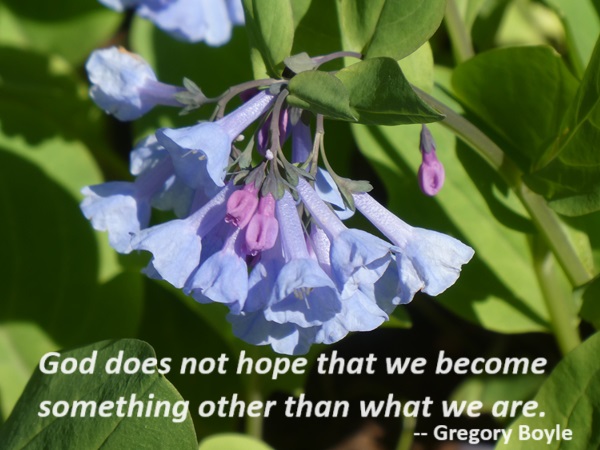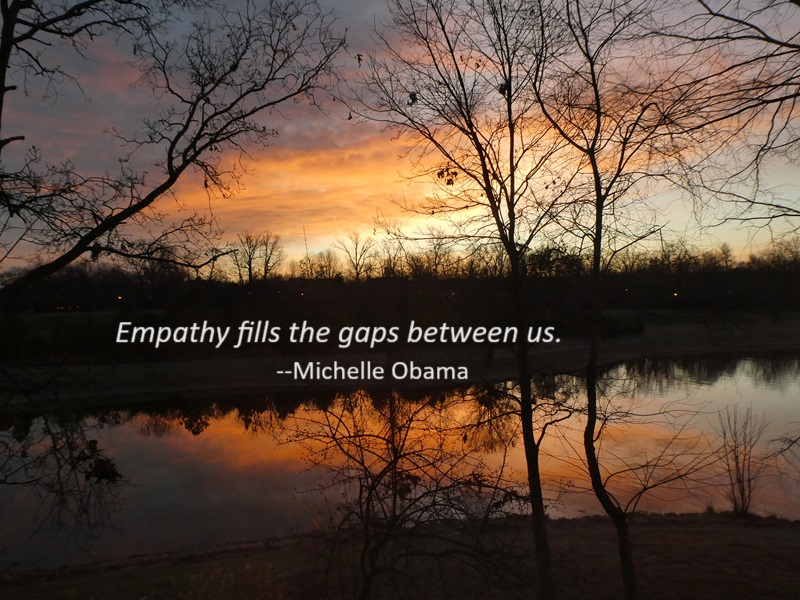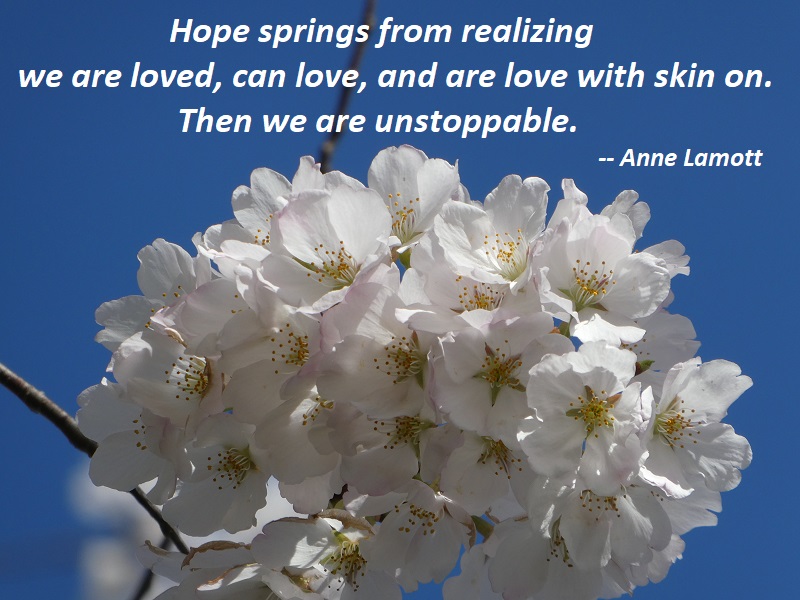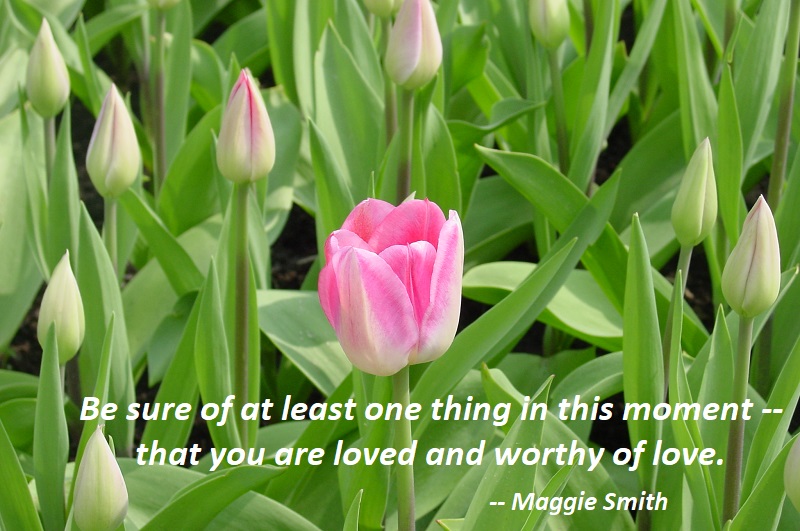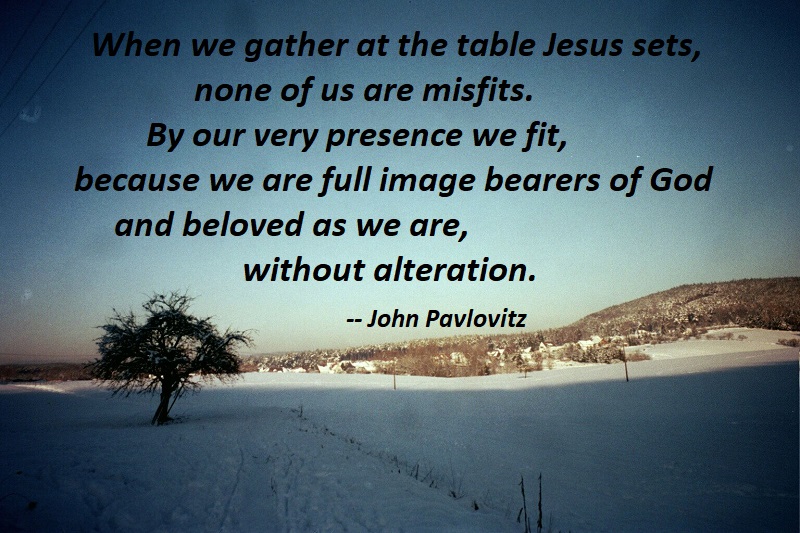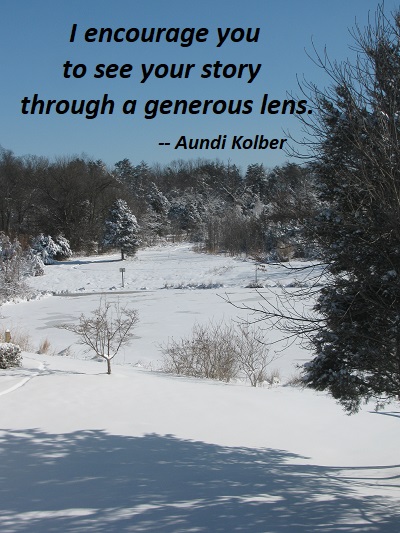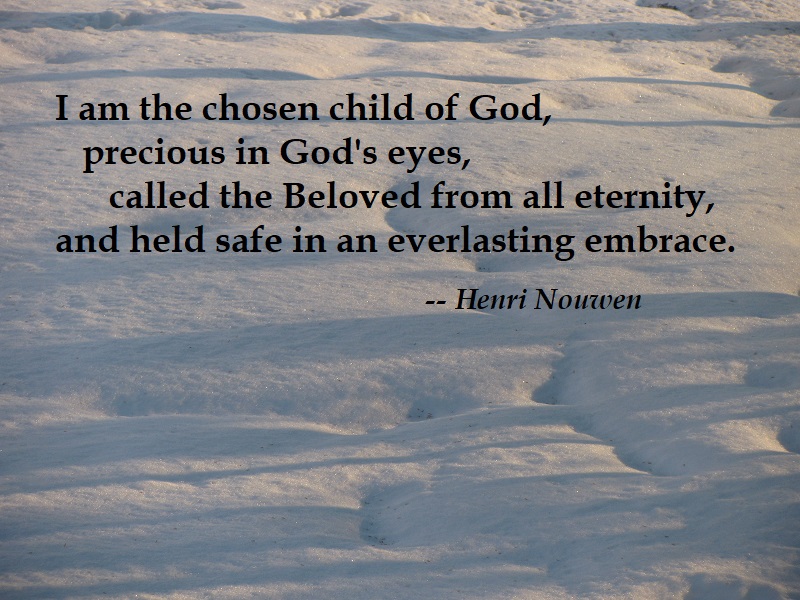Unshakable
People settle for saying that every human being is “worthy” or “valuable.” But these ideas are still stuck in the “measurable.” “He is a valuable member of our team.” “He is unworthy to be president.” But goodness is unshakable. Solid. The truth. There is not a thing one can do to make this not so. God does not hope that we become something other than what we are. The Pharisees kept trying to be somebody, but they didn’t know they already were. You teach children that they are valuable by valuing them. Not by insisting that they prove their value to you. There are lots of things and toxins and blindness that keep us from acknowledging this and seeing it as true, but nonetheless, it is immutably certain. Before we can love goodness, we need to find it, and see it. It’s there. It’s there.
— Gregory Boyle, The Whole Language, p. 37
Photo: Bull Run Regional Park, Virginia, March 29, 2024
